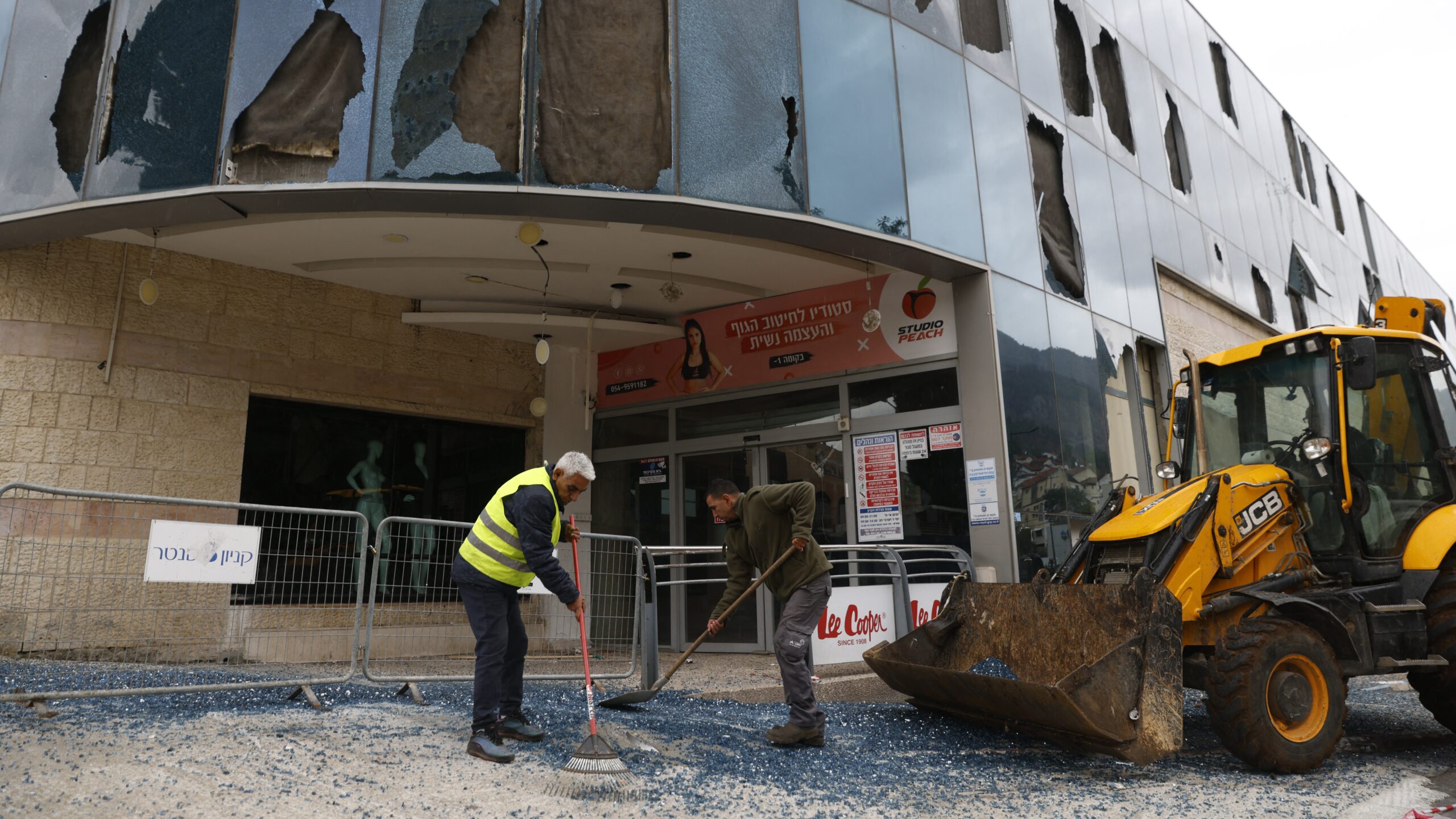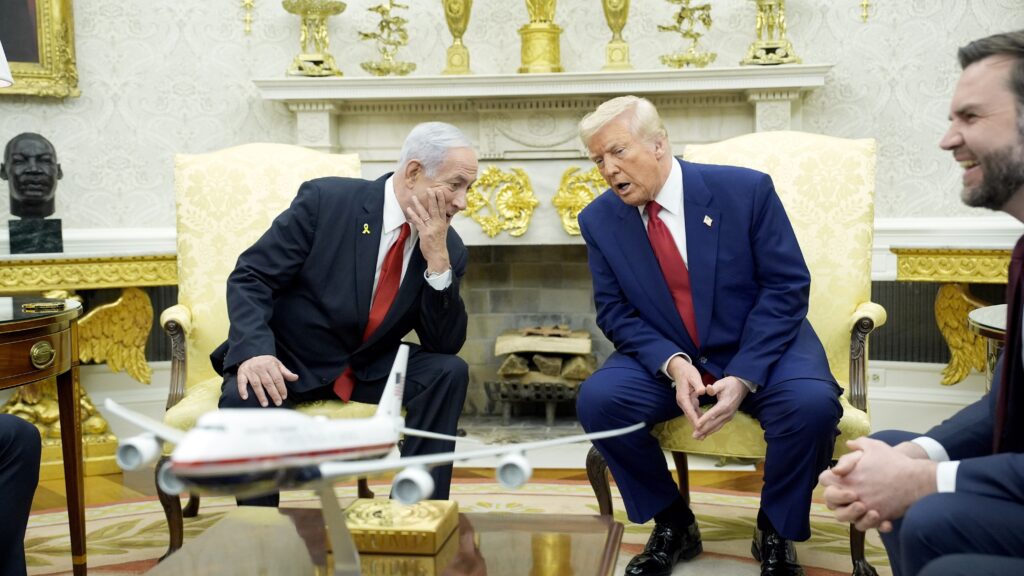In a significant development, a ceasefire agreement between Israel and the Lebanese Shiite militant group Hezbollah took effect early Wednesday morning, ending 14 months of hostilities. The accord mandates a phased withdrawal of Israeli forces from southern Lebanon over the next 60 days. The region will subsequently be secured by 5,000 Lebanese army soldiers, who will establish 33 positions near the Israeli border to prevent Hezbollah’s resurgence.
Hezbollah, backed by Iran, is required to withdraw north of the Litani River and dismantle its military infrastructure near the Israeli border. As part of the deal, the United States has guaranteed Israel’s right to respond to any ceasefire violations, underscoring Washington’s pivotal role in mediating the agreement. The ceasefire was brokered through a complex diplomatic process involving US officials negotiating with the Lebanese government, which, in turn, engaged with Hezbollah. Both Washington and Beirut are signatories to the agreement alongside Israel. Reports from the ground indicate that weapons have fallen silent along Israel’s northern border since the ceasefire began. This area has been a flashpoint of violence since 8 October last year, when Hezbollah launched attacks on Israeli towns following a major Hamas-led assault from Gaza.
While some displaced Lebanese families began returning southward within an hour of the ceasefire, the Israeli government urged caution. Avichay Adraee, the Israel Defence Forces’ (IDF) Arabic-language spokesperson, warned Lebanese civilians against entering evacuated villages or approaching IDF positions, citing ongoing security concerns. ‘The IDF will inform you when it is safe to return to your homes,’ he announced. In Israel, displaced northern residents have been slower to return, reflecting lingering uncertainty about the agreement’s durability.
The ceasefire follows a period of intensified hostilities. On Tuesday, mere hours before the agreement was signed, Israel launched its most severe airstrikes on Beirut since the conflict began, while ground forces reached the Litani River in southern Lebanon. Hezbollah, anticipating the ceasefire, fired over 250 projectiles at Israel on Sunday, the heaviest barrage since the September assassination of the group’s leader, Hassan Nasrallah.
The human toll of the 14-month conflict has been staggering. Over 3,500 Lebanese civilians lost their lives, with more than 15,000 wounded. On the Israeli side, approximately 150 people were killed, with hundreds more injured in rocket and drone attacks or ground operations.
While the ceasefire has brought temporary respite, the road to lasting peace remains fraught with challenges. The Lebanese government has committed to preventing Hezbollah’s resurgence in the south, but questions linger about the group’s long-term intentions and the robustness of international oversight.
The international community, particularly the United States, will play a crucial role in ensuring that the agreement holds and that the volatile border region does not return to violence. For now, the ceasefire offers a glimmer of hope for a region weary of war.
Related articles:








